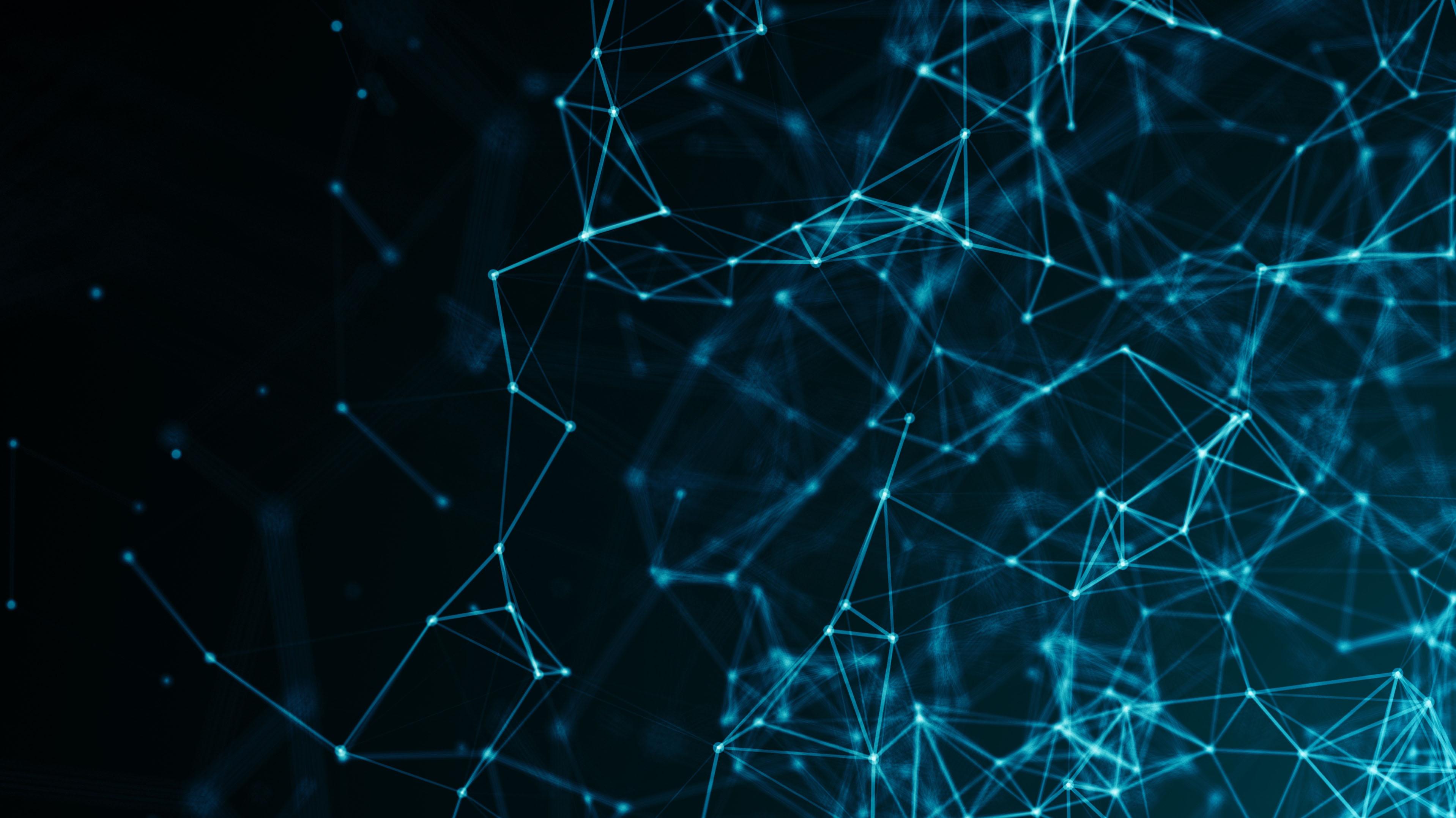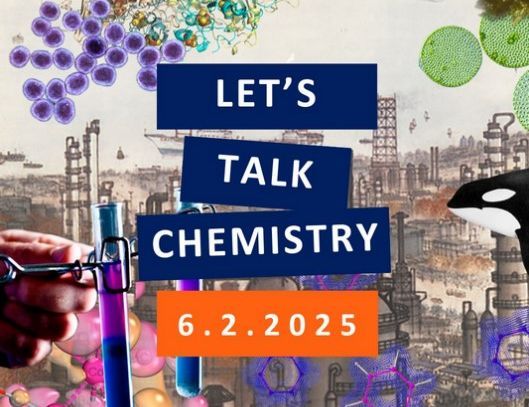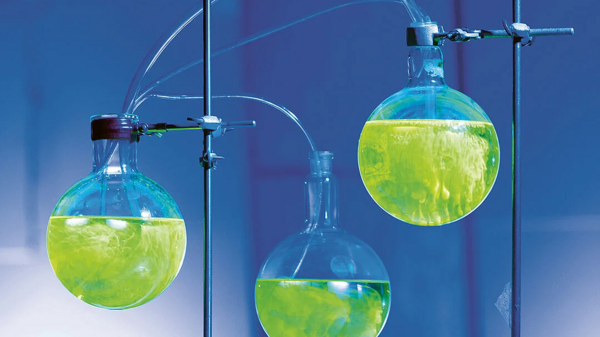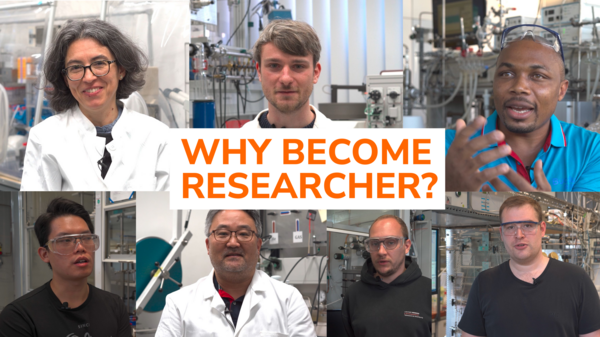

|
Future aims of UniSysCat
UniSysCat stands for Unifying Systems in Catalysis. We are a Cluster of Excellence uniting biologists, chemists, engineers and physicists with the aim to revolutionize catalysis research. In the next fund period from (2026 - 2032), we plan to realign our research into three interconnected Units that explore catalytic systems of increasing complexity. Our overarching aim is to address urgent societal challenges by developing new catalytic strategies for sustainable chemistry, biotechnology, and medicine. These efforts will be underpinned by advanced analytical and computational technologies developed within the Cluster.























